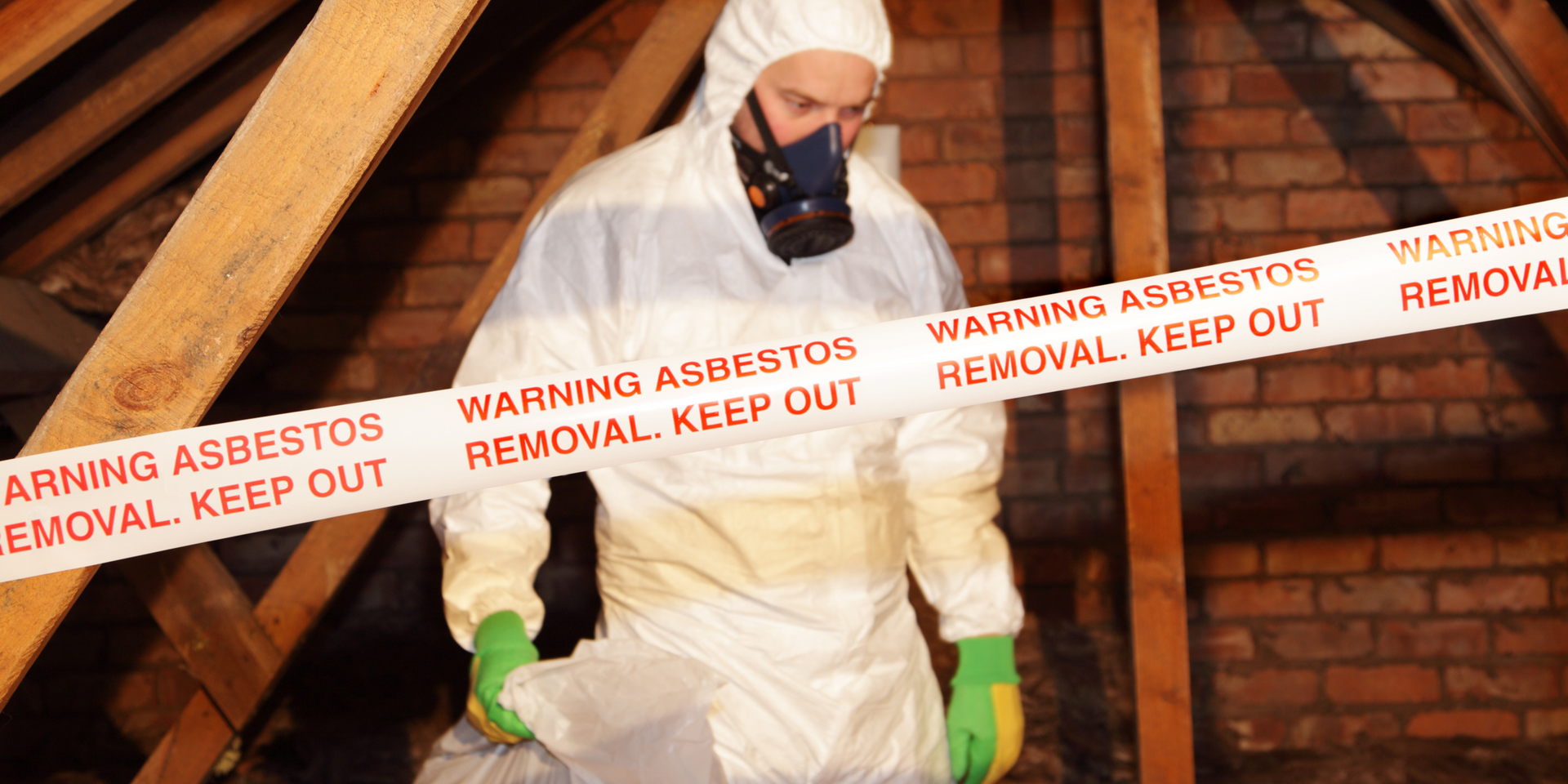Why Asbestos Surveys Are Essential for Property Safety
Asbestos is a naturally occurring mineral once heralded for its fire-resistant properties and added to countless building materials throughout the 20th century. Over time, however, experts discovered that asbestos fibers pose a serious health hazard when disturbed. Today, strict asbestos regulations govern the inspection, removal, and handling of asbestos in residential and commercial properties. Yet many property owners remain unaware of why asbestos survey is important and the role it plays in ensuring both safety and compliance.
Introduction
Understanding Asbestos
Asbestos was once found in everything from pipe insulation to ceiling tiles. Its microscopic fibers are dangerous if inhaled, leading to conditions like asbestosis, lung cancer, and mesothelioma. For this reason, any renovation or demolition work in older buildings demands caution. If asbestos-containing materials are present, disturbing them can release fibers into the air.
Health Risks of Asbestos Exposure
Exposure to asbestos typically occurs when asbestos-containing materials degrade or are tampered with. Over time, people who inhale these fibers may develop severe, life-threatening lung diseases. Symptoms of asbestos-related illnesses often take years or even decades to appear, making it crucial for property owners to take preventive steps now.
The Importance of Professional Asbestos Surveys
Regulations and guidelines vary by country, but in places like the UK, an asbestos survey is often legally required before construction, demolition, or significant refurbishment of older properties. By pinpointing where asbestos might lurk, an asbestos inspection helps protect the health of everyone who lives or works on site. This professional assessment is your roadmap to proper asbestos removal or safe management strategies, ensuring property safety and regulatory compliance.
What Is an Asbestos Survey?
An asbestos survey is a thorough evaluation of your property to identify the presence and condition of asbestos-containing materials. Trained inspectors locate possible hazards, assess risks, and compile a detailed report outlining what needs to be done to minimize exposure.
Types of Asbestos Surveys
- Management Surveys: Typically performed in occupied properties for routine checks. They identify asbestos-containing materials that may be disturbed by normal activities or simple maintenance work.
- Refurbishment/Demolition Surveys: More intrusive and essential before significant structural changes. These surveys locate asbestos in areas likely to be disturbed during a renovation or demolition, guiding safe asbestos removal if needed.
Both methods rely on asbestos testing to confirm which materials harbor hidden fibers. Knowing precisely where asbestos is present is key to preventing accidental exposure and safeguarding everyone who uses the building.
Why Asbestos Surveys Are Essential
- Health and Safety Risks
The most pressing reason to conduct an asbestos survey is to protect the well-being of occupants, employees, tenants, or workers who might otherwise encounter hazardous materials. Diseases tied to asbestos often develop slowly, compounding the risks of prolonged exposure. - Legal Compliance
In many regions, you’re legally required to conduct asbestos surveys under specific circumstances. For instance, businesses in older premises must follow established asbestos regulations that mandate identifying, labeling, and managing asbestos-containing materials. Failing to comply can lead to legal repercussions, fines, and potential shutdowns. - Risk Prevention
Understanding why asbestos survey is important becomes especially clear when planning construction or remodeling projects. Locating asbestos-containing materials early prevents sudden work stoppages, unexpected removal costs, and hazardous exposures that could endanger workers. - Protecting Occupants
Tenants, employees, and family members may have limited knowledge of asbestos dangers. By proactively scheduling an asbestos inspection, you ensure a safer environment for everyone. Prompt surveys reduce anxiety for occupants and demonstrate your commitment to safeguarding their health.
The Asbestos Survey Process
Although the specifics may vary, professional surveys typically follow this sequence:
- Initial Consultation
Inspectors gather property information, such as its age, renovation history, and any past asbestos checks. This baseline knowledge helps them identify areas at higher risk. - On-Site Assessment
Qualified specialists conduct a visual inspection, sometimes collecting small samples for asbestos testing in a lab. This step may require light disturbance of materials like drywall or insulation, but only within safe, controlled methods. - Documentation and Reporting
Once testing is complete, you’ll receive a comprehensive report detailing the condition and location of asbestos-containing materials. The report may include recommendations for ongoing management or professional asbestos removal if the material is in poor condition or at risk of damage. - Next Steps
If asbestos is found, trained removal experts can seal off the area, use specialized equipment to extract hazardous materials, and ensure the site is safe again. Alternatively, stable asbestos-containing materials may be left in place and monitored if they pose minimal risk.
Who Needs an Asbestos Survey?
- Homeowners Renovating Older Properties
If your house dates back several decades, you may be living with hidden asbestos. Before ripping out walls or replacing floors, an asbestos survey can confirm whether you need specialized removal services.
- Landlords and Property Managers
Rental properties must meet safety requirements for tenants. As a landlord, scheduling an asbestos survey shows due diligence in complying with housing regulations and protecting tenant well-being.
- Businesses in Older Buildings
If you run a company in a historical structure or aging office complex, an asbestos inspection could be mandatory for legal compliance. Beyond liability issues, employees appreciate workplaces that prioritize their health.
- Construction and Demolition Companies
Contractors demolishing older buildings or performing extensive refurbishments rely on accurate asbestos surveys to plan safe work protocols. Knowing which areas contain asbestos helps them manage costs and avoid accidental exposures.
Conclusion
When it comes to property safety, few issues are more urgent than hidden asbestos. Despite its historical popularity in construction, we now know how dangerous asbestos can be when airborne fibers are inhaled. Whether you own a single-family home or manage a large office complex, an asbestos survey serves as a vital safeguard against health hazards and legal complications.
Why asbestos survey is important becomes clear once you recognize its role in preventing costly mistakes, ensuring tenant or employee well-being, and keeping your property fully compliant with asbestos regulations. If you suspect asbestos in your building—or simply want the peace of mind that comes with professional verification—reach out to Woolley & Ford Asbestos Services.




